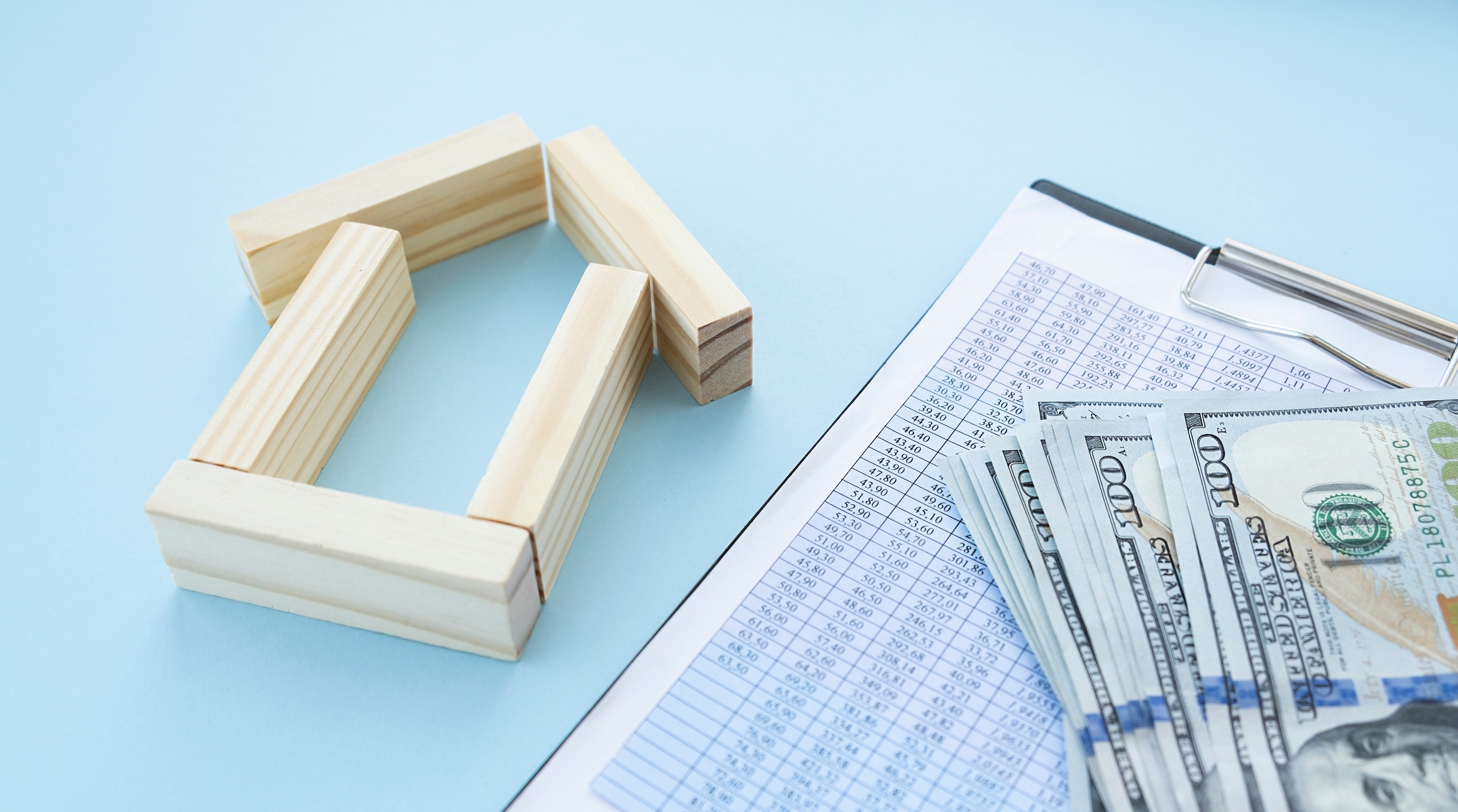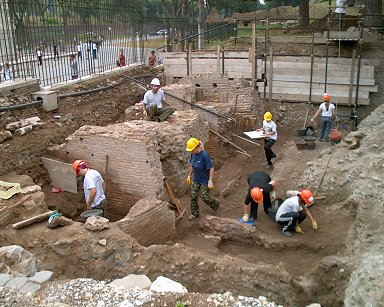During the process of buying a home, some buyers fall into the trap of being infatuated with numbers and prices, but with a very narrow focus of simply purchase price. Rightly so, I find that buyers often immerse themselves in the excitement of envisioning their new space without carefully considering all of the expenses related to the BIG move. Here are five things that, in my experience, buyers overlook while buying.

How Much Closing Costs Can Be
One of the first and potentially most costly oversights is the exact amount that is required at closing for financed purchases. First-time buyers are usually working hard enough to save and earn all the money needed for a down payment, so the additional expense of closing costs can be overwhelming. Most purchasers understand that closing costs are a part of the transaction, but they don’t realize how much.
As a good rule of thumb, I allocate for about three percent of the purchase price to estimate the closing costs needed. There are loan options out there that allow borrowers to roll the closing costs into the financing, and sometimes your real estate agent can help negotiate for the sellers to pay closing costs. Some lenders will contribute towards closing costs, but that is no guarantee. The fact of the matter remains, closing costs are a large expense that will be incurred by someone. A lender can provide good faith estimates nowadays that help show clients exactly what they’re walking into.
How Expensive Utilities or Yard Maintenance Is
When it comes to monthly expenses, a variety of great resources exist that can help a buyer calculate his potential mortgage payment. However, another item that’s often overlooked is the corresponding monthly expense of utilities and/or yard maintenance.
On resales, some owners will disclose their monthly utility bills so that buyers can know what to expect. Utility records may not be freely given but they certainly can be asked for. During the 30-45 day closing process, purchasers also can begin calling various providers to get estimates of what to expect. While making those phone calls, it’s beneficial to find out the details as you transition utility providers into new ownership.
How Costly Windows Are
When you’re asking the sellers about utility records, you also might consider asking about window treatments. Window treatments can be a costly expense up front that buyers fail to anticipate. Many sellers will take their nice Roman shades, custom sewn curtains, or Venetian blinds when they move, leaving the windows uncovered and without privacy. There’s nothing that says we’ve just moved in like towels and sheets hanging over bare windows.
Pay careful attention to the window coverings, and ask some good questions about what conveys. Consider taking some measurements prior to moving in and set aside a budget for window treatments so that you can ensure your family has privacy from the very start.
How Costly Repairs Are
In general, potential buyers often underestimate the possible cost of home maintenance and repairs. The major difference between renting and owning is that when something breaks, the owner must cover the expense. Preventative maintenance helps prolong the life of most household items/appliances, but unexpected expenses still arise. It’s important that homeowners don’t deplete all of their savings on a down payment when they purchase a home. Instead, put a portion of that money aside so that if an unanticipated problem arises shortly after you’ve moved in, you have the funds available to resolve it. Buying a quality home within your means will help safeguard against being put in a tight spot as well.
How High the Taxes Are
The last thing that buyers overlook is actually something that will put money into their pockets – taxes. “But in this world nothing can be said to be certain, except death and taxes,” said Benjamin Franklin. Monthly mortgage interest can be deducted from annual tax returns. I know for me, this has equated to a nice (and often forgotten about) deduction every year.
There’s a lot to consider when you are in the market to buy a new home. I would encourage every potential buyer to look beyond the asking price, and think about the expenses that may seem minor, but are still important – closing costs, utility bills, privacy, and maintenance/repairs, just to name a few. As you approach home ownership with all of those expenses in mind, make certain that it leads to a sound long-term investment of great benefit and enjoyment.

















